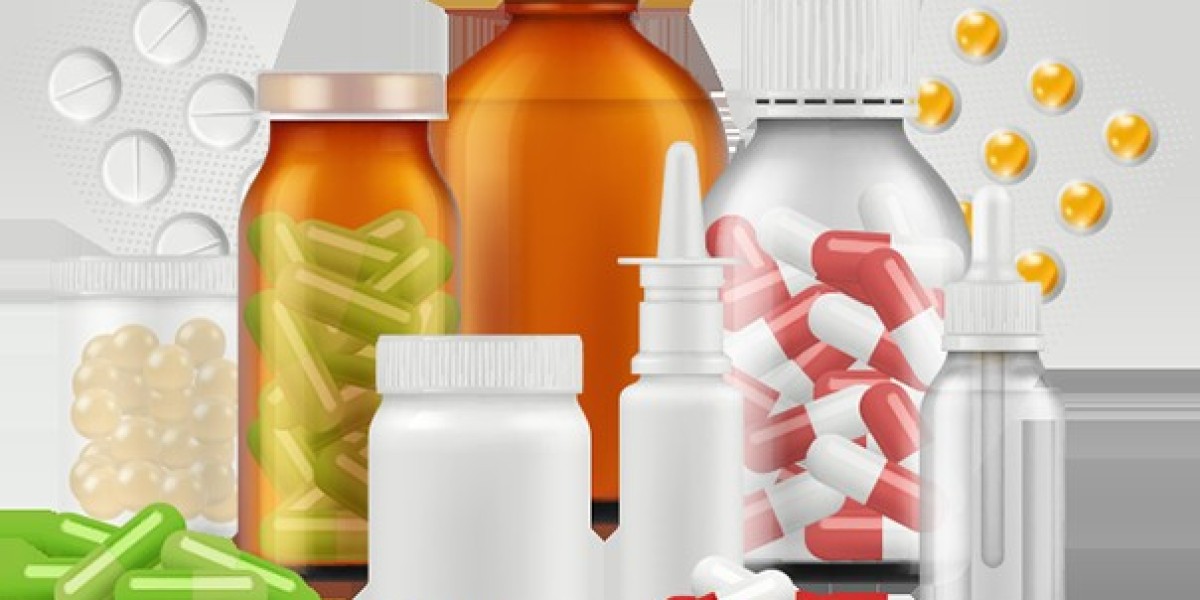The life sciences industry is a cornerstone of modern healthcare and biotechnology. Within this field, wholesale distributors play a pivotal role in bridging the gap between manufacturers and end-users, including hospitals, research facilities, and laboratories. This article delves into the role of Lifesciences wholesale distributors, their importance in the supply chain, and what makes a distributor stand out in a competitive market.
Understanding Life Science Wholesale Distributors
A life science wholesale distributor serves as an intermediary, supplying life science products from manufacturers to a broad array of institutions. These products range from laboratory reagents and medical devices to biotechnological solutions and pharmaceuticals. Distributors ensure that the scientific community has access to critical materials required for innovation, diagnosis, and treatment.
What Do They Offer?
Life science distributors typically provide:
- Laboratory Equipment: From microscopes to centrifuges, distributors stock essential instruments for research and diagnostics.
- Reagents and Chemicals: These include DNA and RNA extraction kits, culture media, and specialized compounds.
- Biotech Products: Antibodies, cell lines, and other biotech essentials used in advanced research.
- Pharmaceutical Supplies: Generic and specialty medicines for medical institutions.
- Medical Devices: Tools such as syringes, diagnostic kits, and imaging equipment.
The Importance of Life Science Wholesale Distributors
1. Supply Chain Efficiency
Distributors streamline the process of getting products from manufacturers to end-users. By maintaining inventory and logistics, they save time and reduce operational complexity for researchers and healthcare providers.
2. Cost-Effectiveness
Through bulk purchasing and established networks, distributors often secure competitive pricing, passing the cost savings to their customers.
3. Accessibility and Reach
They ensure that even remote institutions can access the latest life science innovations, contributing to equitable progress in science and healthcare.
4. Compliance and Quality Assurance
Reputable distributors ensure products meet regulatory standards and maintain the quality required for scientific integrity.
Key Players in the Industry
The life sciences wholesale market features several prominent players. These distributors have established themselves by offering superior services, extensive product ranges, and cutting-edge technologies. Some notable companies include:
Thermo Fisher Scientific
Known for its extensive catalog of lab equipment and reagents, Thermo Fisher is a global leader in life science distribution.VWR (Avantor)
This company provides a comprehensive suite of products and services for clinical and laboratory applications.Cardinal Health
Renowned for its pharmaceutical and medical product distribution, Cardinal Health also supplies laboratory essentials.Sigma-Aldrich (part of Merck Group)
Specializing in chemicals and reagents, Sigma-Aldrich is a go-to source for life science researchers.McKesson Corporation
A leading distributor in medical and pharmaceutical products, McKesson supports hospitals and labs worldwide.
Choosing the Right Wholesale Distributor
With so many options, selecting the right Lifesciences Wholesale Distributors can be challenging. Below are factors to consider:
1. Product Range
Opt for a distributor with a diverse inventory to minimize the need for multiple suppliers.
2. Geographic Reach
Global distributors with local support ensure timely delivery and seamless service, regardless of location.
3. Customer Support
A reliable distributor offers excellent customer service, including technical support, product training, and issue resolution.
4. Regulatory Compliance
Verify that the distributor adheres to industry regulations, ensuring the integrity and safety of their products.
5. Scalability
Choose a distributor capable of accommodating your growth and evolving needs.
Challenges in Life Science Distribution
Despite their importance, life science distributors face unique challenges:
1. Regulatory Hurdles
Navigating complex and varying regulations across regions can be a significant barrier.
2. Technological Advancements
Keeping up with the rapid pace of innovation demands continual adaptation.
3. Supply Chain Disruptions
Global events such as pandemics or geopolitical tensions can impact the availability of critical supplies.
4. Competitive Pressure
With numerous players in the market, distributors must continually innovate to differentiate themselves.
Emerging Trends in Life Science Distribution
The landscape of Edwards Lifesciences Figma wholesale distribution is evolving. Here are some trends shaping the future:
1. Digital Transformation
Distributors are leveraging e-commerce platforms and artificial intelligence to streamline operations and improve customer experiences.
2. Sustainability
Eco-friendly packaging and energy-efficient logistics are becoming priorities in the industry.
3. Personalized Medicine
The growing demand for personalized treatments is prompting distributors to adapt to niche and small-batch product requirements.
4. Expansion into Emerging Markets
As healthcare systems in developing countries advance, distributors are tapping into these growing markets.
How to Start a Life Science Distribution Business
Interested in entering the industry? Here are some steps to get started:
- Identify Your Niche: Decide whether to focus on laboratory equipment, biotech products, or medical devices.
- Secure Partnerships: Establish relationships with reputable manufacturers.
- Understand Regulations: Familiarize yourself with industry standards and compliance requirements.
- Build Infrastructure: Invest in warehouses, logistics, and an e-commerce platform.
- Market Your Business: Utilize SEO, social media, and industry networks to reach potential customers.
Conclusion
Life science wholesale distributors are indispensable to the advancement of healthcare and biotechnology. By providing essential supplies and fostering innovation, they enable groundbreaking research and treatment developments. As the industry evolves, Charlie Naylor Key Lifesciences distributors that embrace digital transformation, sustainability, and customer-centric strategies will continue to thrive.
Whether you are a researcher, healthcare provider, or entrepreneur, understanding the role of life science distributors is essential for navigating this dynamic and impactful field.








